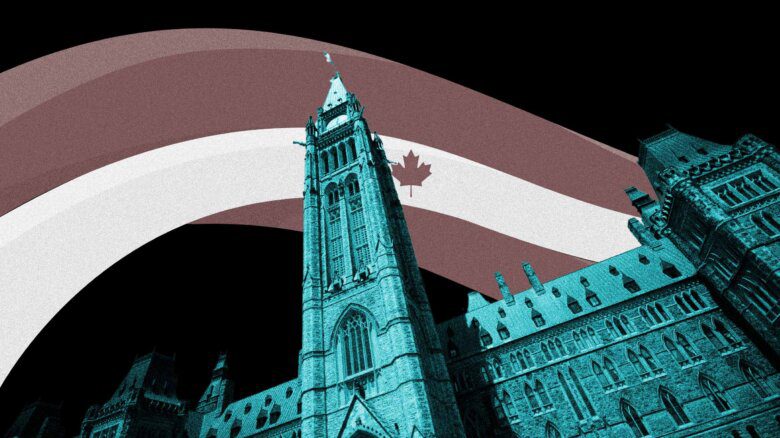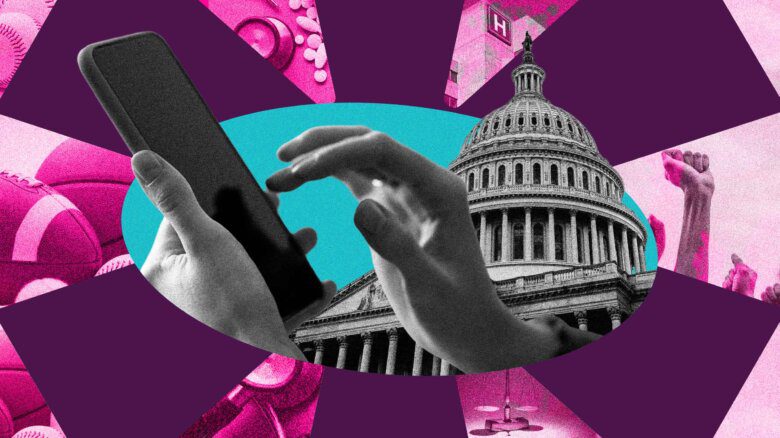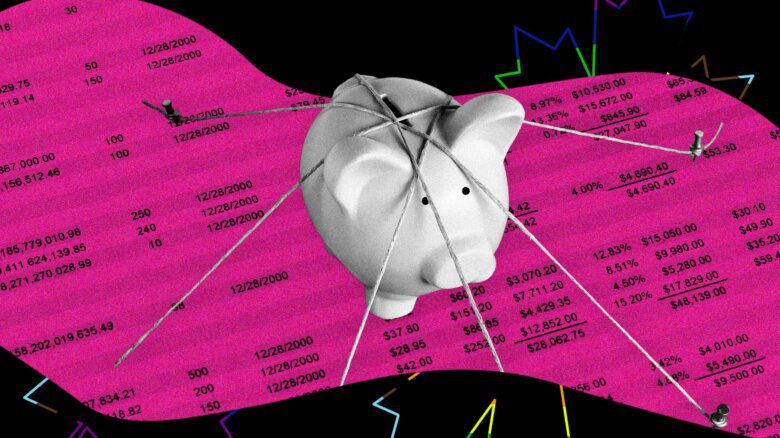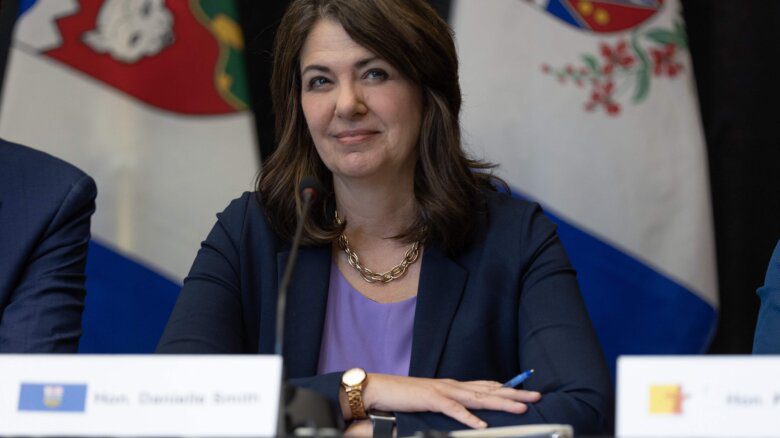Being invisible is not a superpower. It is a burden that too many young people have to live with when they do not see themselves reflected in the stories and histories they are expected to read.
Throughout my education, I felt invisible. I was never taught the stories or histories by or about people who looked like me, who lived like me or who shared my experiences as a Black girl in the deep South during Jim Crow in class. This invisibility was like looking into a mirror and seeing no reflection. I wasn’t there, I didn’t matter and my reality didn’t matter. For far too long, this invisibility extended to the written word—stories that reflect the diversity of sexual orientation, gender identity and expression have, for too long, been absent from the shelves or hard to access, only available from a judgmental adult requested with a whisper.
Not seeing myself in what I read had a huge impact on me. It became even harder to find a blueprint for how to live a whole, successful life. No one should have to grow up without models of how to form healthy relationships, how to learn from the mistakes of others, how to see themselves reflected in real-life situations and how to transition into adulthood.
“I believe that the resources used in the schoolhouse must include all identities and realities.”
Recent censorship of books that include LGBTQ2S+ characters and experiences, feature people of colour and tell stories and histories about discrimination and racism leaves children without mirrors of their own lives and windows to see the lives and experiences of others. The surge in challenges to books and other curriculum materials—including Florida’s “Don’t Say Gay” bill—is not surprising, but it is frustrating and dangerous. The bill is currently on the desk of Gov. Ron DeSantis after passing the Florida House and Senate, and he has signaled that he intends to sign it. Should the bill become law, it will limit discussions of LGBTQ2S+ identities in primary school classrooms, although it’s unclear what grades will specifically be impacted.
Even if bills like these fail to pass, students hear how the adults around them talk about other people. This venomous language poisons children’s self esteem; young people of colour and LGBTQ2S+ young people don’t feel affirmed, understood or accepted and their classmates are sent the message that other experiences are somehow less important than their own.
Our children deserve better. As an educator for 32 years, I believe that the resources used in the schoolhouse must include all identities and realities. I’m not alone in that belief; it’s shared by the American Library Association, the National Education Association and many others representing library professionals, teachers and students alike. The National PTA’s position statement on libraries and educational materials clearly states that students should have access to materials that are “free from censorship based on bias, partisanship, or doctrinal disapproval.” The overwhelming majority of elementary and secondary education professionals agree: authenticity and relevance to students are necessary markers for what we teach.
“We must keep the schoolhouse open to the wholeness of our communities and our world—to open the minds and hearts of our children.”
Studies show the value of affirming LGBTQ2S+ students and fostering inclusive schools, from reducing rates of depression to encouraging academic achievement. The costs of failing in this task are tremendous. Good stories are a gateway to brave conversations about the whole of our communities and our world. We witness students embrace differences when they understand them and when they see their own uniqueness as valuable.
Just having books on shelves is not enough. Educators must welcome questions and have discussions that shine a light on the value of each individual. Those questions often come from reading engaging and authentic material, without having to whisper about that reality, and sharing those reading experiences with their peers. The Human Rights Campaign Foundation’s Welcoming Schools program provides not only carefully vetted and well curated book lists to use with students, but also lesson prompts and plans that are easily implemented and help to elevate critical thinking and decision making. We offer these resources beyond the “books on the shelf” to equip educators with the vocabulary and strategies to have those brave conversations with students about all family structures and identities.
We must join in the fight to ensure each and every student, each and every young person, can see themselves reflected in the materials in their classroom and the books in their library. We must keep the schoolhouse open to the wholeness of our communities and our world—to open the minds and hearts of our children. We give our children the courage to grow into caring and productive people through interactions with diverse books. We give them the world.
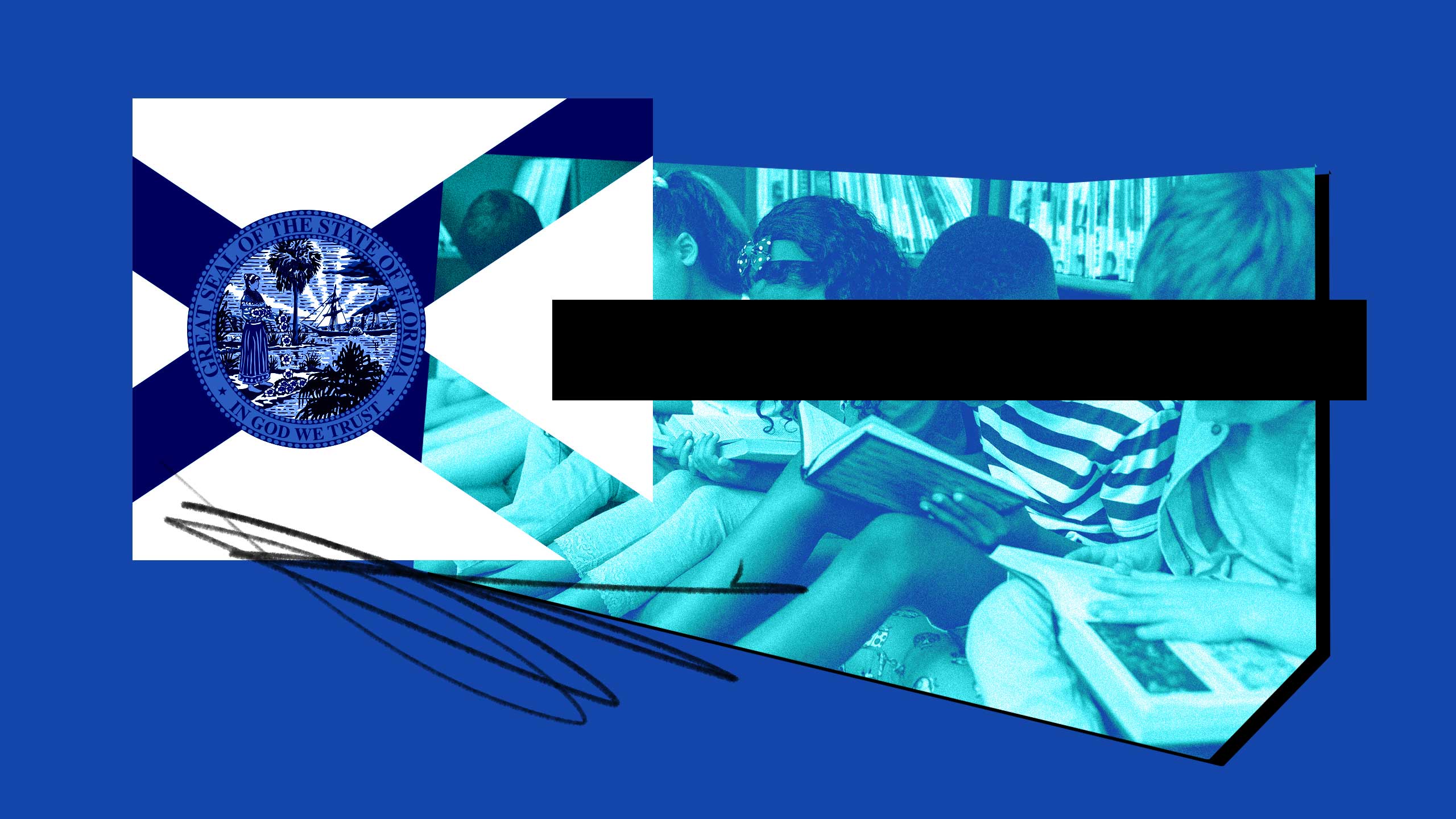
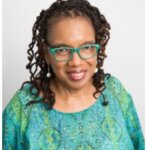
 Why you can trust Xtra
Why you can trust Xtra